By patricia.ngevao@awokonewspapersl.com (ATJLF/MRCG Fellow 2025)
“I remember giving my statement to the Truth and Reconciliation Commission,” recalls 45-year old Aminata Conteh, a war widow and resident of Wellington in the east-end of Freetown. “They told us that justice would come, that the international community was helping us. But I’m still waiting for the help they promised.”
Like many Sierra Leoneans who survived the country’s decade-long civil war, Aminata placed her hopes in the transitional justice process that followed the conflict. At the heart of this process were mechanisms like the Truth and Reconciliation Commission (TRC) and the Special Court for Sierra Leone (SCSL), both of which were made possible largely through international aid.
Since the war officially ended in 2002, Sierra Leone has worked to heal the wounds of its past. Central to this effort has been support from international donors, including the United Nations, the United States, the United Kingdom, the European Union, and various international NGOs. These actors contributed funding, technical expertise, and logistical support to transitional justice initiatives. Their backing enabled the establishment of the TRC to gather testimonies and foster national healing, and the Special Court to prosecute those deemed most responsible for war crimes and crimes against humanity.


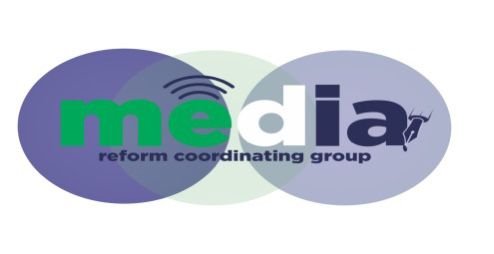


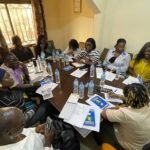
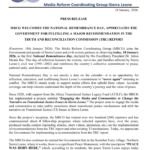
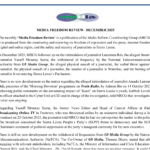

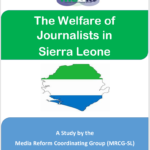
Leave a Reply